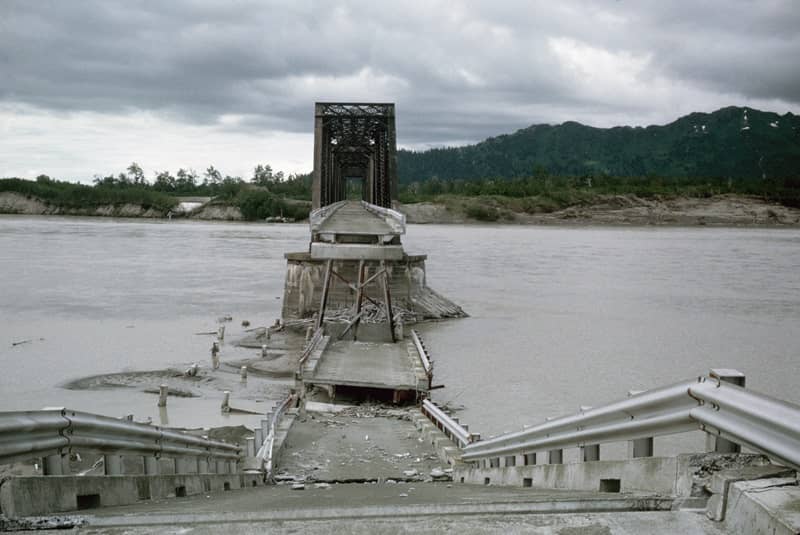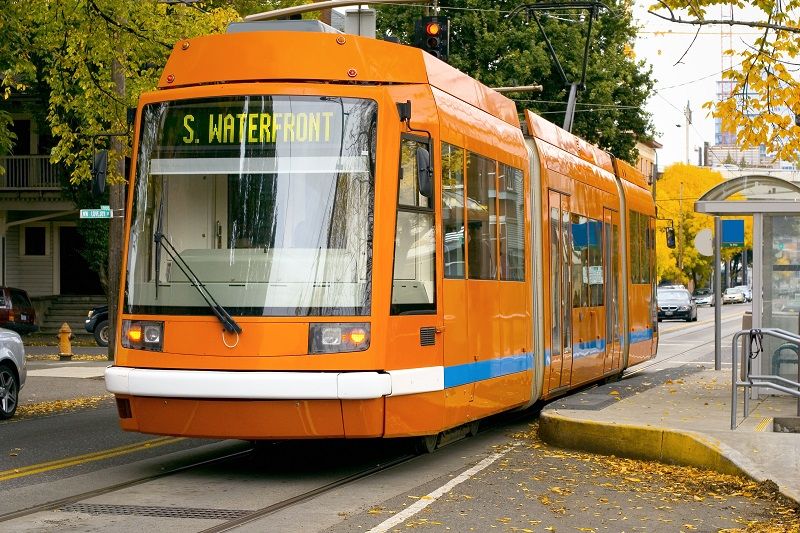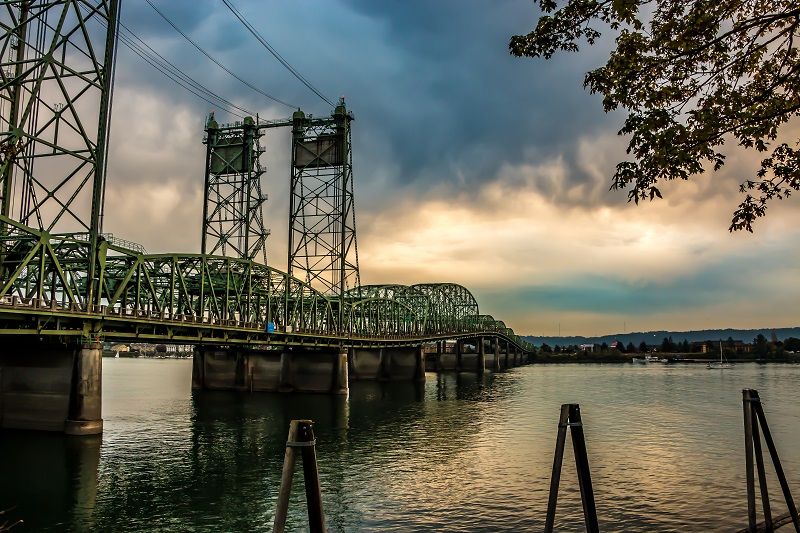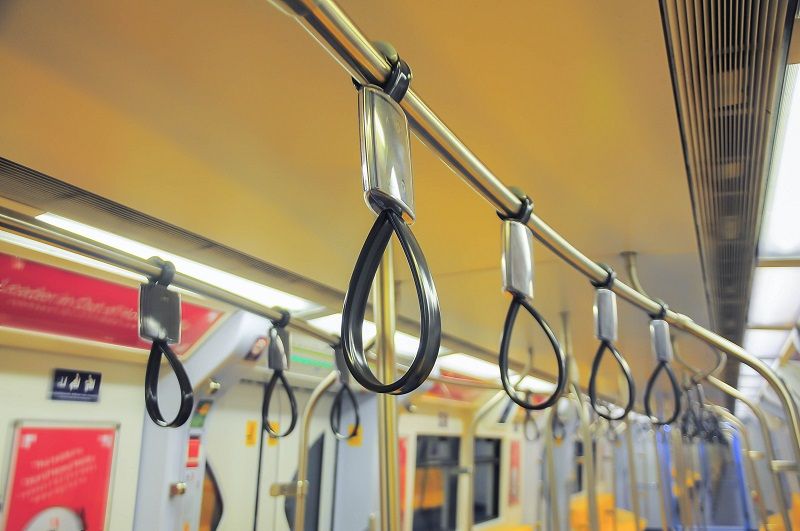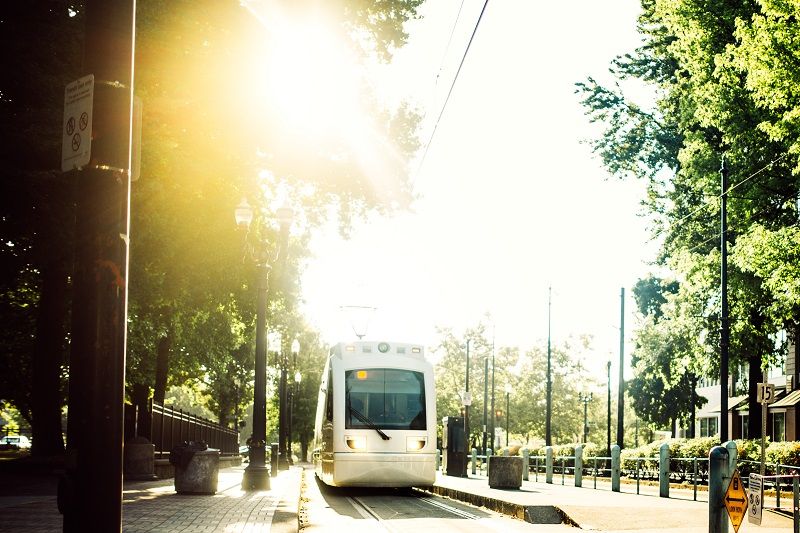February marks the seven-year anniversary of the Westside Express Service (WES), the 15-mile commuter rail line that runs from Wilsonville to Beaverton. While the train’s owner, TriMet, promotes WES as a transit success story, the truth is that commuter rail has been a failure.
WES was originally projected to cost $65 million and open in 2000. It actually cost $161 million and opened in 2009.
TriMet projected an average daily ridership of 2,400 weekday boardings in the first year. Actual daily ridership in 2009 was 1,156, less than half the forecast.
Ridership grew over time and peaked at 1,964 in 2014, but then dropped. For January 2016, daily boardings averaged only 1,735. Since each rider typically boards twice daily, that means fewer than 900 people actually use WES regularly.
The operating cost per ride is $16, most of which is subsidized by taxpayers. This is five times the cost of bus service.
Rail proponents have long dreamed of extending WES to Salem, but taxpayers would be better served if we simply shut the train down. When you’re losing $14 per boarding, you can’t make it up in volume.
John A. Charles, Jr. is President and CEO of Cascade Policy Institute, Oregon’s free market public policy research organization.
